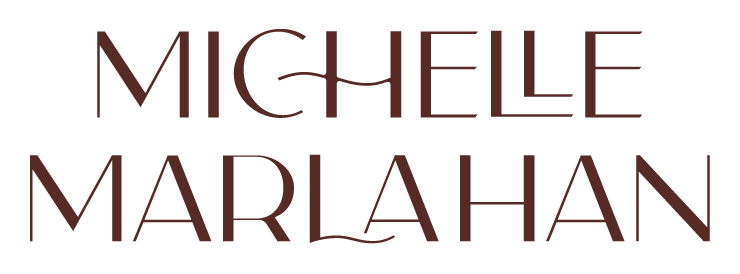Plant-Based or Vegan?
What’s the difference between being plant-based and vegan?
There are a couple of ways to approach this comparison.
First, plant-based, or plant-based nutrition, describes a diet consisting of whole plant foods and minimally processed plant foods.
A plant-based person does not eat animal parts or products such as meat, bone, eggs, milk, butter, gelatin, etc. Generally, the plant-based approach does not include refined or processed foods, which are considered “plant fragments.”
What is a “minimally processed” plant-based food? Salsa, nut butters, applesauce, hummus, vegetable broth, oatmeal and guacamole are some examples of foods that are no longer in their whole food form, but have been minimally altered.
Condiments are generally accepted as minimally processed, as are corn tortillas, whole grain breads and pastas.
The vegan approach is the same in that no animal parts or derivatives are eaten.
But there are a couple of distinctions.
Veganism is a lifestyle and an ethical and political stance against anything that involves the use of animals or animal products.
So in addition to food, vegans abstain from wearing leather, fur, wool and silk, and using products (household, cosmetic, etc.) that are tested on animals.
A person can be vegan and not plant-based.
The other distinction is in the food chosen.
Vegan eaters don’t eat anything with animals or animal products in it, but that doesn’t mean they’re eating plants.
Potato chips, candy, soda, and vegan cookies are considered “vegan” as long as they don’t contain eggs or dairy. (However, mass-produced white refined sugar is not considered vegan because of the bone char used in processing.)
Not all vegans eat processed or junk food, but the premise of the vegan approach alone doesn’t restrict those foods, so it is possible to be an “unhealthy” vegan.
A person can be plant-based and not vegan.
While plant-based eaters might choose that approach with the environment and animal treatment in mind, it’s possible they are doing it more for the health benefits.
It’s even becoming more common for doctors to suggest a plant-based lifestyle to help manage high cholesterol, heart disease, type II diabetes and hypertension.
So the term plant-based doesn’t usually have the political and ethical pull to it like vegan does.
If you are worried that plant-based eating is going to be super boring or taste like cardboard, I have some mouth-watering news for you: Pulled BBQ Mushroom Sandwich.
It’s the new favorite in our household. And it is SO easy to make (and I used to consider opening a macaroni and cheese box “cooking”).
If you are interested, for any of the reasons, in learning more about how to reduce or eliminate animals from your diet safely and deliciously, the upcoming Plant-Based Nutrition series is a great place to start.
If you already dabble, this will be an opportunity to expand your recipe base, check in on your nutritional requirements and hang out with some like-minded eaters.
Plus there will be taste tests each week!
If you have any questions, just ask.



